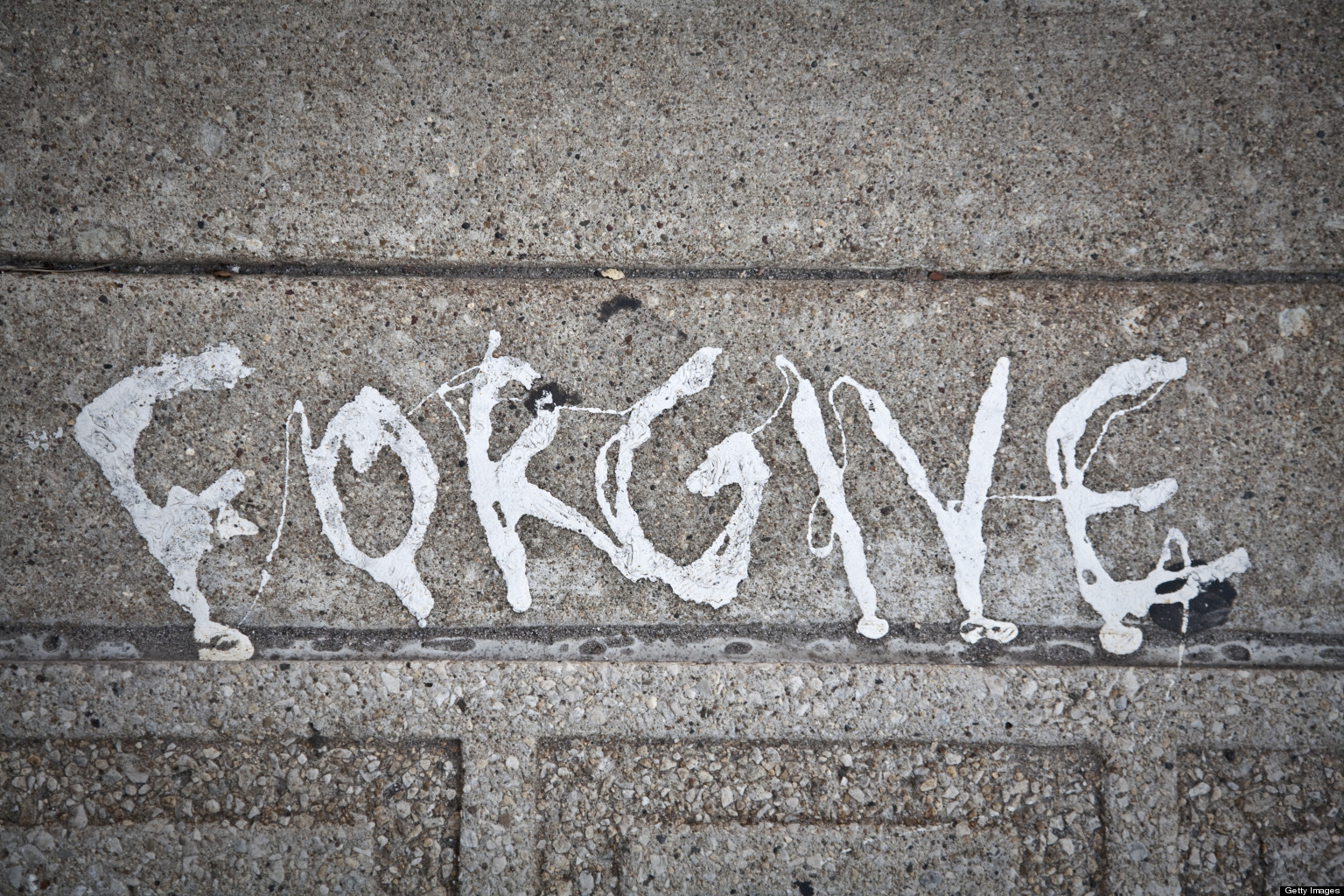So many books on Memory Cultivation litter the book-shops nowadays that I have sometimes thought of writing one on the now almost forgotten art of Forgetting. Strangely enough, people who cheerfully admit that they have no memory will look at you askance if you so much as breathe a word about their lack of judgment.
For can we remember all the things that have come within the gamut of our learning and experience? Decidedly not. We know from hard experience how soon we forget the things we learned for our examinations.
ADVERTISEMENTS:
The normal, ordinary man forgets things often; luckily for him and his sanity. The man who tries to remember things always is unfortunate; that may drive him mad.
Now the art of forgetting is a blessing in disguise. Take the case of forgiving and forgetting. We often hear it said, “Forgive and forget!”
No sooner is this said than we forget to forget. “I’ve forgiven Babu long ago,” says Krishna, with a tear in his voice, “but, you know, I can’t forget.” It is like saying, “I am willing to talk to Babu, but I can have no words with him.” And don’t suggest that Krishna is illogical or lacking in judgment, for he prides himself on his college logic classes.
Many of us are ready to forgive our deadliest enemy provided we are not on speaking terms with him. Yet the acid test of forgiveness consists in precisely this that we are ready to meet him anywhere and talk with him as if we had been boon companions from Adam.
ADVERTISEMENTS:
For to forgive means not only not to remember the past; that’s politics. We must positively forget the past for ever, and re-create the present on new lines.
To bury the past “let bygones be bygones” is not, in ordinary circumstances, hard of accomplishment. It needs more than ordinary normal stamina: to go up to your opponent like a man, beg pardon honestly and unaffectedly, and with a warm handshake, thereby dispel every trace of the old enmity. At such moments the cad triumphs over the angel in us and common sense says au Renoir.
Yet to bury the past may sometimes mean virtue outside the ordinary. It calls for a touch of the heroic. The act of burying requires sinewy arms and a will to see the job through. Actual burial must reach to six feet under ground; an extra foot for exceptional cases will do no harm.
For when you have buried a thing you have got rid of it for good; it has passed from the living world to the dead. It is a thorough, final, irrevocable act, like dying or marrying. That is why it is illogical to forgive and not to forget; it is a contradiction of mind.
ADVERTISEMENTS:
It is tantamount to nourishing a grudge or nursing a grievance; for the non-forgetter rakes UP by that very fact the corpse lately supposed to be buried; he actually digs it up in an ungenerous moment and by a perversity, born of an unbalanced mind, encourages a vengeance against a dead and lifeless thing.
But the good forgetter is the practical man with a sure sense of the utter futility of nursing a grievance. He has really pierced the kernel of practicality. He goes out to his job with forthright will; gets hold of the numskull of the past by the nape of the neck and hurls it clattering to its grave in the somber fields of oblivion, never to return again.
He is the man whose thoughts are kind and charitable; who trades in kind words and generous deeds. He is the magnanimous man whose sweetest songs are those that tell of gladdest thought.
But for this stupid bottling up of ancient wrongs we might make this world of ours more happy and attractive. Think how many friendships have been blasted; how many homes broken; how many undertakings of high emprise shattered by refusal to forget a casual outburst of angry words, a passing stream of criticism, a lightheaded shower of calumny all of them forgiven, yes; but not forgotten.
Men might live as true friends and stalwart co-workers for the betterment of their country but for the forgotten Art of Forgetting.

